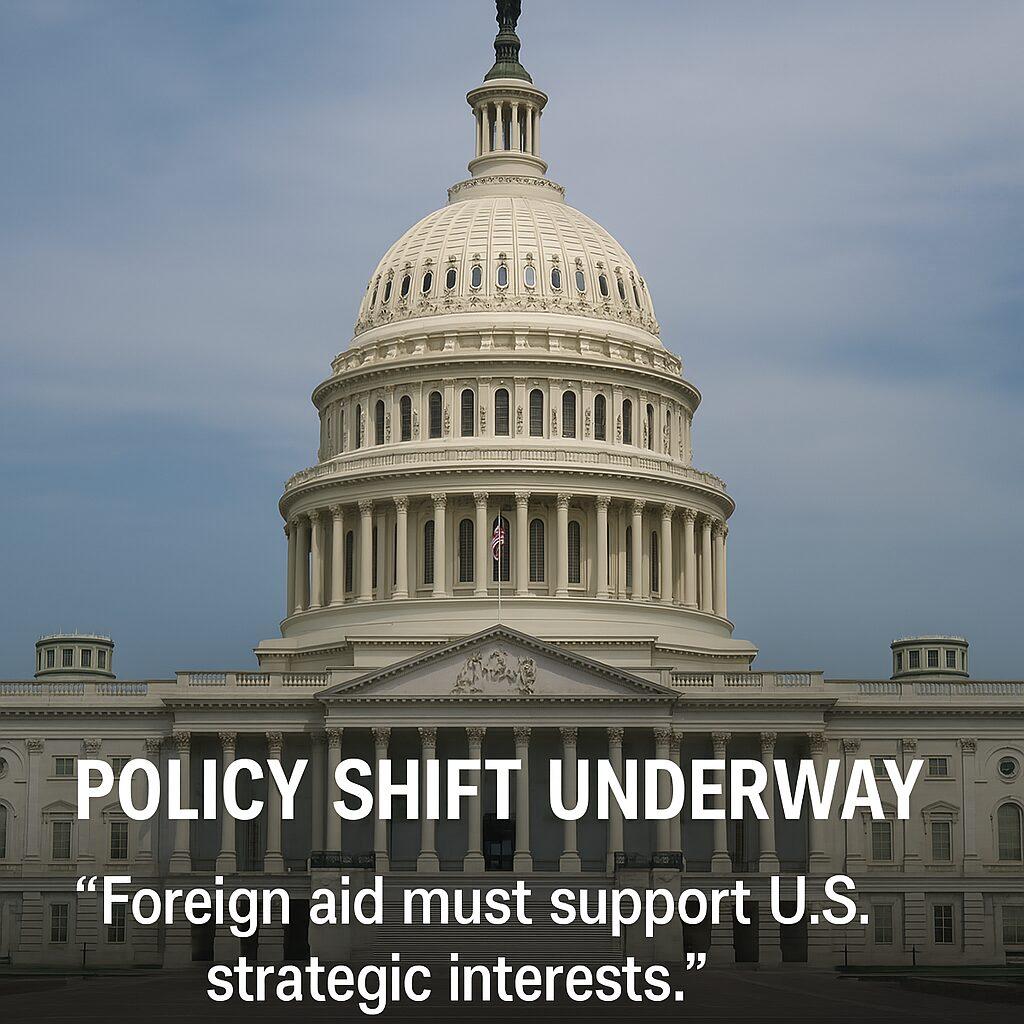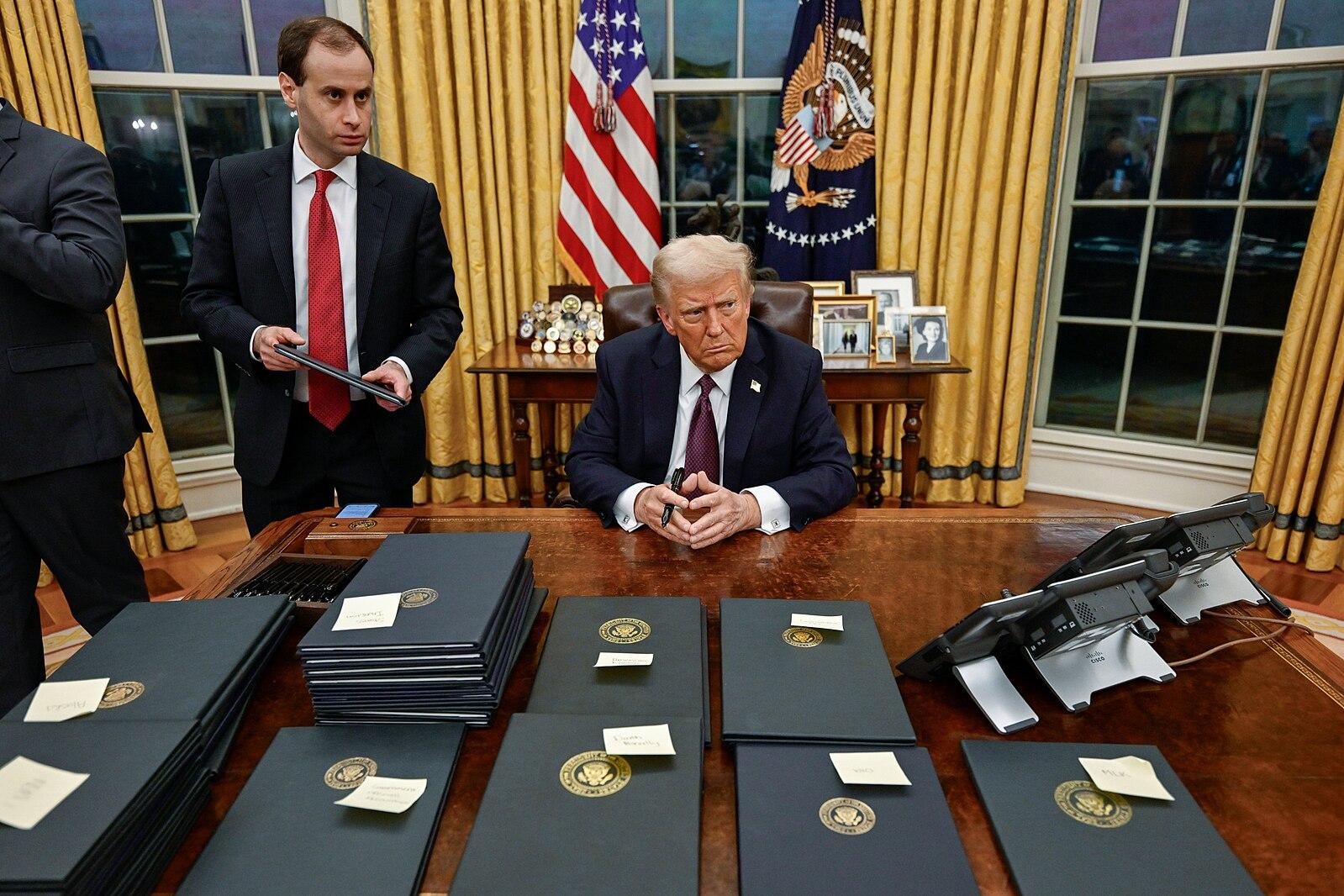Unauthorized workers make up 10% of California’s workforce with many of them working in essential sectors like the healthcare, agriculture, food, and service industry.
Yet, despite being at the forefront of the current COVID-19 pandemic, they — and those living with them — were left out of the recent federal coronavirus relief package.
While some efforts have recently been made at the federal level like the HEROES Act that passed the House on Friday, May 15, some organizations have been looking at ways of providing relief for undocumented families in their own communities.
One project, the Immigrant Neighbor Fund, has so far raised just over $1 million with a goal of raising $4 million to provide financial support for families and individuals in California and Texas.
“We’re focusing on individuals and families who were left out of getting assistance from the CARES Act,” said Jose Quiñonez, founder and CEO of Mission Asset Fund (MAF), the non-profit financial technology organization behind the fund.
The fund was launched by MAF, Voto Latino Foundation, and Asian and Pacific Islander American (APIA) Vote, with a $1 million seed investment by East West Bank. So far, over 12,000 people have signed up to start the application process. Those eligible would receive $500 from the fund.
To be eligible, individuals must not be among those receiving a coronavirus stimulus check from the federal government’s CARES Act, must have earned less than $99,000 or a total household income below $198,000 in 2019, and have experienced some sort of income disruption like loss of income due to the pandemic. Applicants are also required to have an email, a valid ID, and a checking account.
The application process involves a pre-application and a full grant application. All applications are provided in 20 languages including Filipino.
In the pre-application, applicants are asked to provide income information, to verify their eligibility for the grant, and to make sure they have a checking account under their name.
Once invited to proceed to the full grant application, the process involves six different sections that cover personal information, individual income, household income, an opportunity to share a personal story or information on why the grant is important, and an important verification section that ensures the grant will be deposited to the applicant’s bank account.
If approved, the $500 grant will be deposited directly into the approved applicant’s bank account within two to five days. Over 1,000 applicants have already been approved, with a team of 12 reviewing applications daily.
MAF acknowledges that security may be a concern for potential applicants, but assures applicants that the personal information they provide is safe.
“We manage at the highest standards in the fintech finance industry,” said Quiñonez, adding that as a financial tech organization, they are required by the credit bureau to maintain high standards and will never share information to any third party.
In processing financial and other personal information, MAF uses a financial application programming interface by Plaid, the company behind many secure financial institutions and companies such as Venmo, Acorn, Fannie Mae, and American Express.
“It is completely safe for them to complete the full grant application. [Their information] will not be shared with anyone outside of MAF and outside the purposes of this fund,” added Quiñonez.As for individuals who may not have a personal checking account, MAF encourages potential applicants to see if anyone in their household has a personal checking account and can apply.
“This is the only thing we can rely on,” said Quiñonez, referring to bank account and routing numbers that allows them to make sure that the grants are going to real people and not bots trying to take advantage of the funds. “We are not sending prepaid cards. We’re not sending checks.”
When it comes to the identification card requirement, MAF is aware that there are individuals without a government issued ID. In Texas for example, undocumented individuals are unable to apply for an ID or driver’s license. Some consulates have been issuing temporary IDs, however that isn’t the case for all.
“We are not a government agency that wants to make sure every T is crossed and every I is dotted. That’s not the intent. We just want to make sure that this is an actual human being, so we want to see a picture,” said Quiñonez. “We want to make sure that people get help.”
While the grant is meant to support applicants from California and Texas, MAF also encourages people from other states to sign up with their email to get updates for when efforts expand to other states.
The application can be found on https://missionassetfund.org.




